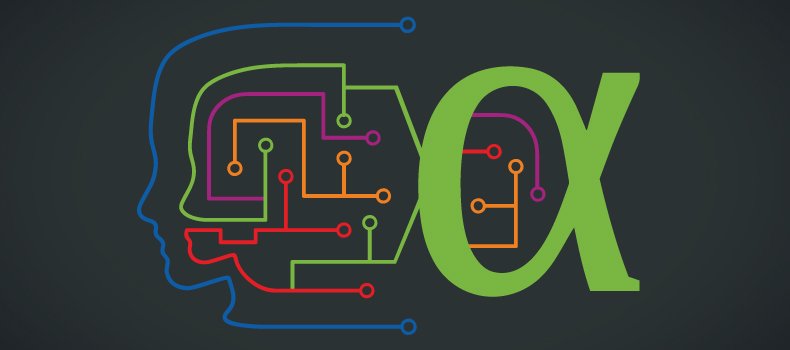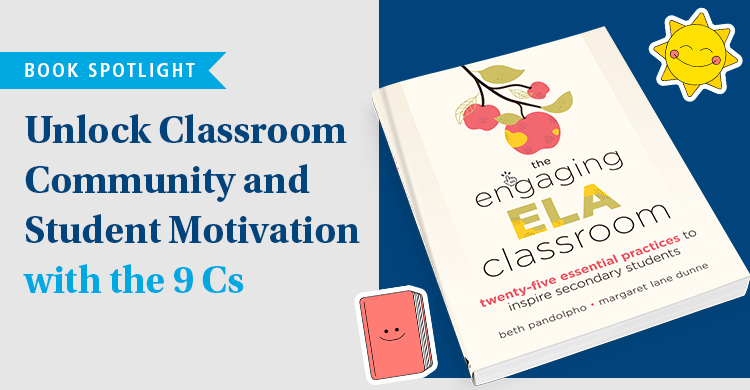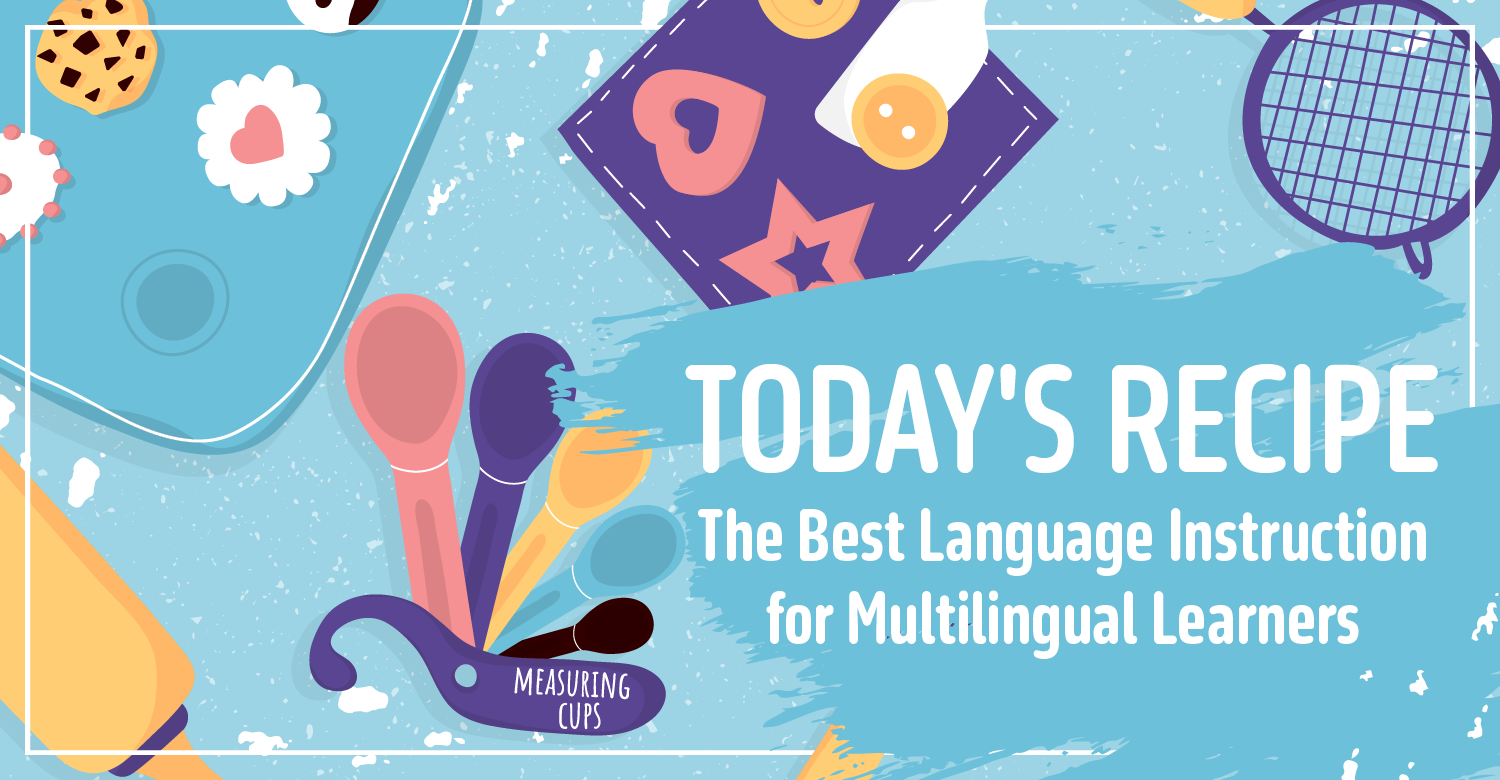Generation alpha was born beginning in 2010 and is also known as generation glass, the iGeneration, or the global generation. These are the children of generation X and generation Y. This generation will be the first of recent generations that will definitely live into the twenty-second century, and they will be the most technologically literate generation thus far.
Over the past century, generations have been generally defined by 15- or 20-year spans, cultural norms for that span of time, and more specifically by whatever the prevalent technology was, a person’s geographic location, and how long a person lived.
In terms of learning, each of these generations, because of cultural norms and traditions, showed vastly different ways that learning can happen in various formats and in different environments. Baby boomers were sitting in quiet rows of desks, and the learning was very formal and structured, whereas gen-Xers did more group work with a more relaxed and interactive learning process. Millennials were taught using multisensory and multimodal methodologies, and generation Z has moved into learner-centered approaches with kinesthetic opportunities and interactive furniture and spaces.
But all of this is about to change.
Enter Generation Alpha
Being the most technologically literate generation in all of human history, this generation is going to have some very specific and distinct needs.
For one thing, what do you do with learners who have lived their entire lives connected to everything and everyone at all times? What do you do with a learner who is used to making and gaming and prototyping and wanting to create products of value? What will we do with those learners who already thrive with online learning opportunities? And what will we do with those learners who are perfectly comfortable with virtual connections but don’t necessarily do well with physical human interactions?
We can’t just throw them in a one-room schoolhouse and hope for the best. The way it’s always been done isn’t going to work anymore.
We are 17 years into the 21st century. New technologies are being developed at a rapid pace, and where you live does not necessarily define what you have access to anymore. We have to be ready for generation alpha immediately. We can’t continue to analyze and plan for action; we just need to act. In many schools, we’re just now considering generation Z’s needs, while using generation X’s resources, and baby boomers’ content.
So What Matters Now?
What do we need to consider in the very little time we have left before generation alpha walks through our classroom doors?
- Focus on skills, not content: We think it’s safe to say the content and resources will be everywhere and available at all times and that the device that a student might use to access content and resources will not matter. Teachers will need to be more considerate of skills rather than content. The WHAT is out there already. The HOW and the WHY are now the critically important pieces for learning. Students need to learn how to think, not what to think, and that includes being metacognitive about their own actions and choices.
- Provide learning with flexibility and a greater purpose: Generation alpha is going to be interested in authenticity and abhor isolated content. They will want to create products of value that allow them to integrate their learning to show what they know in a nontraditional way. Teachers will need to consider learning outcomes where students can demonstrate what they know and are able to do in innovative and creative ways across multiple content areas and be able to share those creations socially with local and global virtual audiences.
- Plan for collaboration: In the last couple of years, there has been a renewed emphasis on critical thinking and creative problem solving, particularly through collaborative efforts. We think that will continue. Teachers will need to provide opportunities for: digital interactions, virtual connections, making, prototyping, gaming, video production, virtual destinations, and much more. Students will need many opportunities to show the processes that they went through to do something unique or solve an authentic problem.
- Cultivate soft skills: Students in generation alpha are going to need classroom experiences with soft skills such as dealing with their own behavior and the behavior of others, physical interactions with others, self-regulation, and goal setting. Teachers will need to engage students in opportunities for building human capital, social capital, and decisional capital, as well as a variety of habits of mind.
Roughly 27,993,000 members of generation alpha have already been born in the United States since 2010. if they haven’t already arrived in some of your classrooms, they will be there shortly. 2028 is not too far away. If the way graduation currently works continues to be the barometer by which we measure a student’s readiness for college, career, or life, then members of generation alpha will begin graduating in the year 2028. By the time they are ready to go out into the world, the world will look very different from the way it looks right now.
We have a responsibility and an obligation as educators to get this right for them.
To read more about generation alpha and supporting all contemporary students in the 21st century, check out our new book The Quest for Learning: How to Maximize Student Engagement, coming from Solution Tree this fall.
References:
Alcock, M., Fisher, M., & Zmuda, A. (2017) The Quest for Learning: How to Maximize Student Engagement. Solution Tree.
Carter, C. “The Complete Guide to Generation Alpha.” (December 21, 2016) Forbes.com.
Hargreaves, A., & Fullan, M. (2012). Professional Capital: Transforming Teaching in Every School. New York, NY: Teachers College Press.
Jacobs, H. H., & Alcock, M. (2017). Bold Moves for Schools: How We Create Remarkable Learning Environments. Alexandria, VA: ASCD.
Kallick, B., & Zmuda, A. (2017). Students at the Center: Personalized Learning with Habits of Mind. Alexandria, VA: ASCD.
McCrindle, M. Gen Z and Gen Alpha Infographic. (February 4, 2015) McCrindle Pty Ltd.
Schawbel, D. (July 17, 2014). “5 Predictions for Generation Alpha.” http://danschawbel.com/blog/5-predictions-for-generation-alpha/.
Williams, A. (September 19, 2015). “Meet Alpha: The Next Generation.” New York Times.
[author_bio id=”1446″]
[author_bio id=”1485″]
[author_bio id=”1344″]







Sometimes it’s nice to find new ideas to consider. Like commenter, Joe, says, “we all know this,” and I don’t stop and think often enough about my variety of neat and not-so-neat nuggets of know. What will I do with generation alpha?
We all know this, but it’s nice that now there is research to back it up. However, my challenge will come when I start grading differently because we’re learning differently, and the colleges haven’t accepted the changes we are making. Students are shoved back into the box once we’ve set them free.